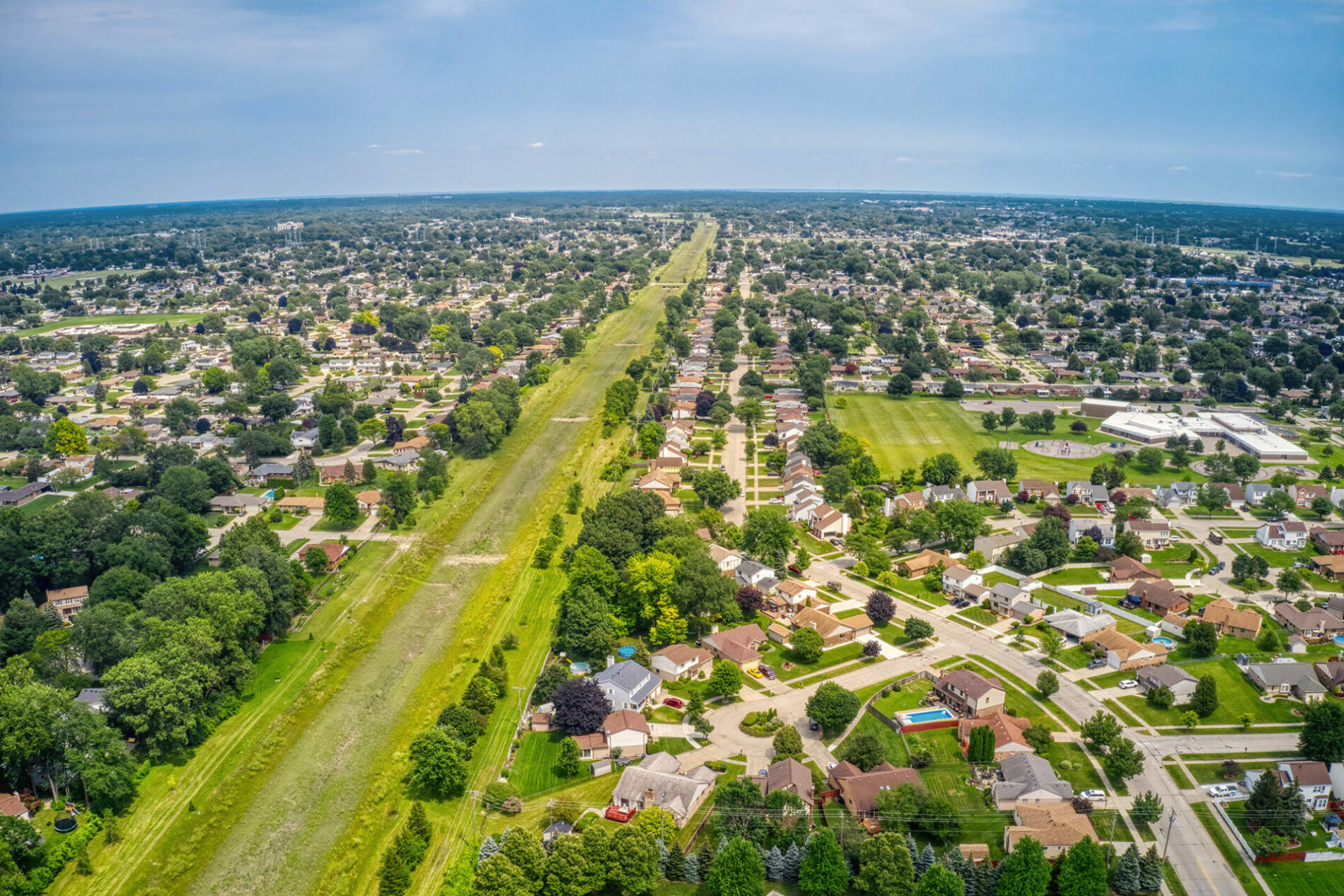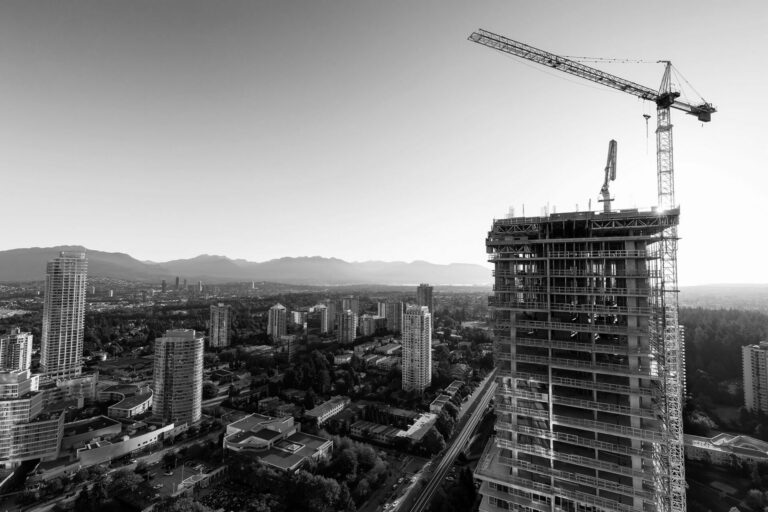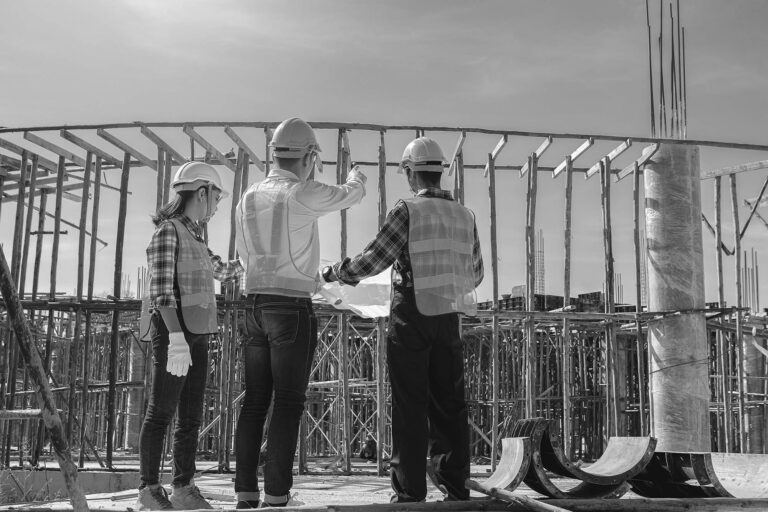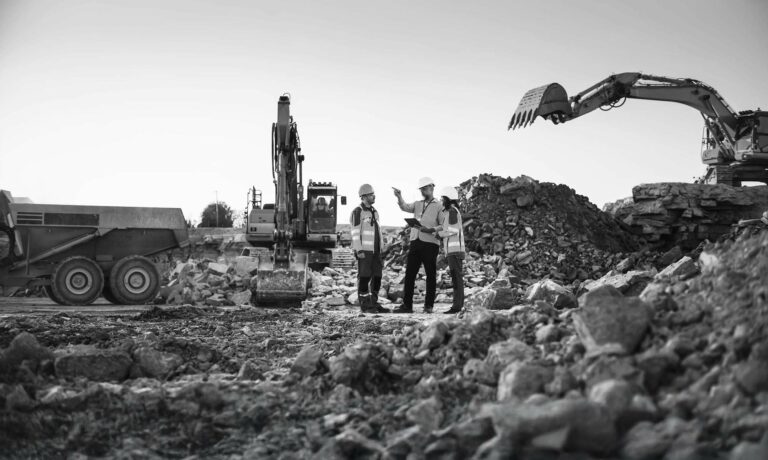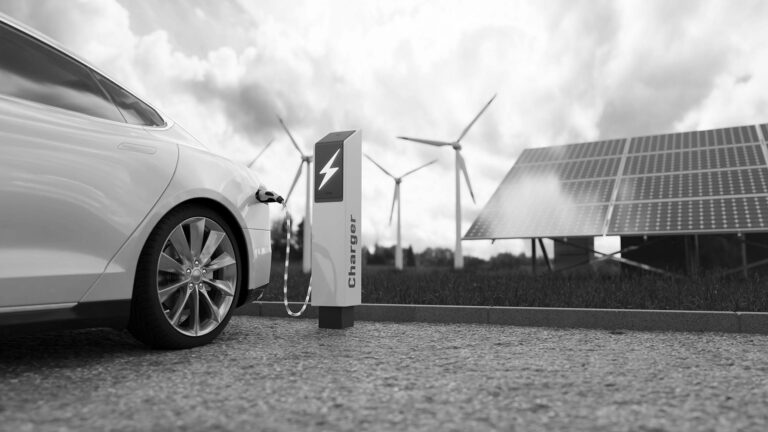Detroit, a city known for its rich history and recent revival, continues to grapple with an affordable housing crisis that affects thousands of residents. To address this, the Ralph C. Wilson Centennial Park development is emerging as a genuine game-changer on the city’s skyline. Slated for completion by 2025, the project is a significant part of Detroit’s broader strategy to combat its housing shortage, while revitalizing underdeveloped areas along the scenic Detroit Riverfront. This ambitious initiative is set to provide 800 new housing units, with 20% dedicated to affordable housing, thus offering a lifeline for lower-income families.
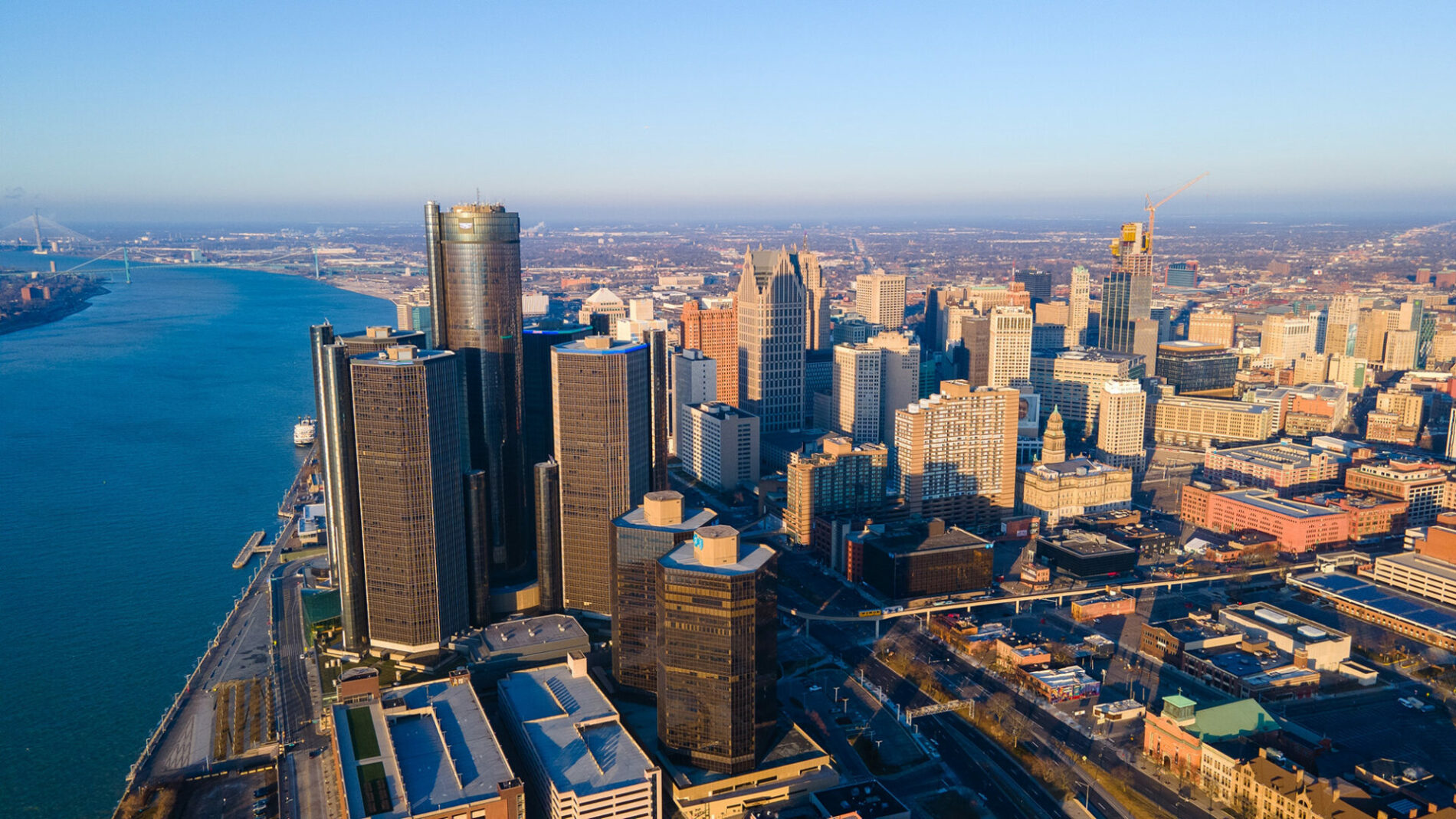
The development is a collaborative effort between the Detroit Riverfront Conservancy, local government bodies, and private developers, marking a pivotal moment in Detroit’s ongoing efforts to rejuvenate its urban landscape. More than just a housing initiative, the Ralph C. Wilson Centennial Park project aims to foster a thriving, sustainable community, integrating housing with public spaces designed for recreation, connection, and environmental sustainability.
Detroit has faced a critical affordable housing shortage for years, worsened by economic instability and rising property values in gentrified neighborhoods. The city has seen a resurgence of investment, but this revival has not always extended to all its residents, particularly lower-income families. According to Data Driven Detroit, as of 2022, nearly 40% of Detroit households were cost-burdened, meaning they spent more than 30% of their income on housing costs. This crisis has forced many families to seek housing outside the city, increasing the strain on local resources and perpetuating cycles of poverty.
The Ralph C. Wilson Centennial Park development is a key part of Detroit’s larger strategy to address this gap. The project is located along a four-mile stretch of the Detroit Riverfront, an area historically underdeveloped but now seen as central to the city’s revitalization efforts. The park, which will span an impressive 22 acres, is named after Ralph C. Wilson, the late owner of the Buffalo Bills, whose foundation contributed $100 million to transform the Detroit Riverfront into a world-class public space. In addition to this philanthropic investment, the park is receiving financial backing from public and private entities, aiming to make it a hub for families, businesses, and tourists alike.
The most crucial aspect of this project is its focus on creating 800 housing units, of which 20%—or roughly 160 units—will be designated as affordable housing. The goal is to ensure that working-class Detroiters, many of whom have been priced out of the city’s downtown and midtown areas, can live in high-quality homes without fear of displacement. These affordable housing units are meant for families earning between 30% and 60% of the area’s median income, a range that aligns with the income levels of many Detroit residents.
This model of mixed-income housing is part of a larger urban planning trend aimed at creating inclusive communities where individuals from different economic backgrounds live side by side. According to Mark Wallace, the president and CEO of the Detroit Riverfront Conservancy, this development is about more than just housing. “Our goal is to create a community that everyone can enjoy, where people from all walks of life come together. The affordable housing aspect is key to ensuring that the revitalization of the riverfront benefits everyone, not just a select few,” said Wallace.
“Our goal is to create a community that everyone can enjoy, where people from all walks of life come together. The affordable housing aspect is key to ensuring that the revitalization of the riverfront benefits everyone, not just a select few.”
In addition to its social benefits, the Ralph C. Wilson Centennial Park development emphasizes environmental sustainability, which is crucial given the increasing focus on green building practices in urban areas. The project will use modular construction methods, which reduce waste and shorten construction timelines. By assembling sections of buildings offsite and then transporting them for final assembly, modular construction minimizes disruptions to the local environment and cuts down on the carbon footprint associated with traditional building processes.
Furthermore, the development will incorporate energy-efficient designs, including high-performance insulation, low-energy windows, and renewable energy systems such as solar panels. These features are expected to not only reduce energy consumption but also lower utility costs for residents, making the homes even more affordable in the long term. As Maurice Cox, Detroit’s Director of Planning and Development, explained, “This project is a model for sustainable urban development. By combining green building practices with affordable housing, we’re creating a neighborhood that is both equitable and environmentally responsible.”
Another significant component of the development is the integration of public spaces designed to foster a sense of community. The project will include parks, playgrounds, and community centers, all aimed at encouraging residents to interact and build connections. These spaces are essential for creating a vibrant, cohesive neighborhood where families can thrive.
According to the Detroit Riverfront Conservancy, the park will feature a large lawn for concerts and events, a playground designed by The Ralph C. Wilson Jr. Foundation, and a sports house offering recreational opportunities for people of all ages. The park is also expected to host cultural events and outdoor activities year-round, further embedding it into the social fabric of the city.
Community involvement has been central to the planning and design of the park. The Detroit Riverfront Conservancy has held multiple public forums, gathering input from residents on what they want to see in the park. “We’ve heard from the community that they want spaces where families can gather, where kids can play, and where people can relax and enjoy the beauty of the riverfront. We’re excited to deliver on that vision,” said Mark Wallace.
The Ralph C. Wilson Centennial Park development is just one part of Detroit’s broader housing strategy, which includes other projects aimed at increasing the availability of affordable housing. In 2021, the city launched its Detroit Housing for the Future Fund, a $75 million initiative designed to preserve and create affordable housing units across the city. This fund works in conjunction with private developers to ensure that more housing units remain affordable for Detroit’s working-class residents.

In addition, Detroit has been making strides in terms of housing policy, with a focus on inclusionary zoning and tenant protections. These measures are designed to prevent displacement as the city continues to attract new investments and developments.
As Detroit continues its revitalization, projects like the Centennial Park serve as models for how cities can address housing crises while fostering community and sustainability. The development’s combination of affordable housing, green building practices, and public spaces is expected to have a lasting impact on the city, providing much-needed housing for Detroiters while creating a thriving urban neighborhood.
By 2025, when the project is completed, Detroit’s riverfront will not only be a destination for tourists but also a home for hundreds of families who can live affordably in one of the city’s most vibrant areas. As Maurice Cox put it, “This development shows what’s possible when we come together with a shared vision for an equitable, sustainable future for Detroit.” The Ralph C. Wilson Centennial Park project stands as a beacon of hope for Detroit’s future, showcasing the city’s commitment to creating spaces where all residents can live, work, and play.









